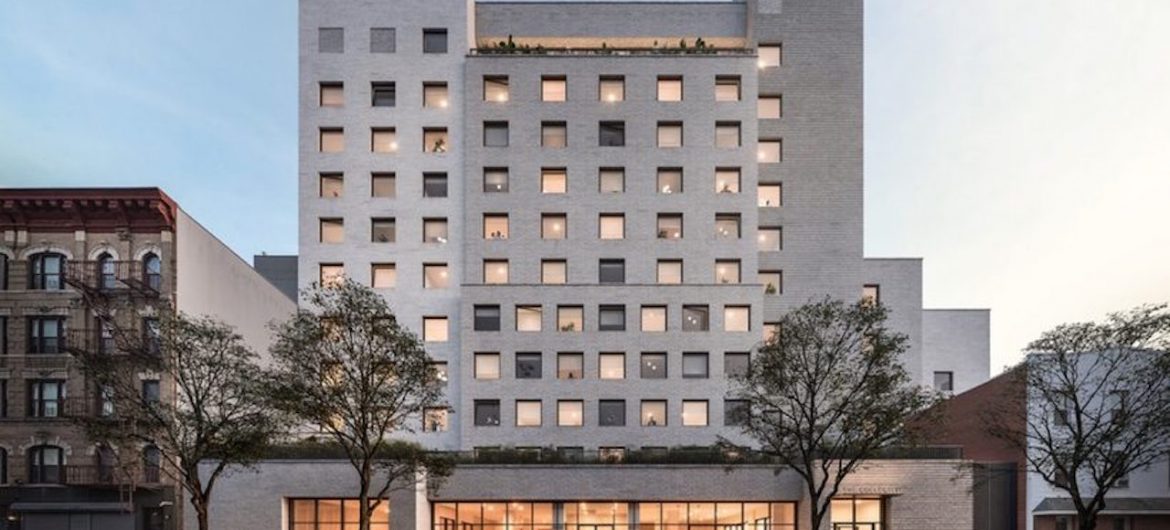Co-living firm The Collective plans to increase their New York City portfolio with a $150 million development in Brooklyn geared toward students and those looking for short term rentals.
The London-based firm, which is headed up by Reza Merchant, recently announced plans for the project in Williamsburg, Brooklyn. This will be their fourth building in New York City and sixth in the United States.
The 100,000 square-foot development will house 224 units, 97 of which will be reserved for students. The rest of the apartments will be short term studios designed “for nightly and monthly stays,” the firm told TheRealDeal.
The building will also boast a series of amenities, including a student lounge, classroom spaces and a program of seminars and lectures, fitting with the company’s communal living model.
Communal living is on the rise, particularly among millennials living in densely packed urban areas. Co-living startup Common recently announced a major expansion, with plans to build housing for 10,000 residents in the coming years, as reported by Curbed.
“We’re the first to reach this scale, but we won’t be the last,” said Common founder and CEO Brad Hargreaves.
Co-living startup Bungalow recently raised $47 million in a Series B funding round, bringing its valuation to over $100 million. They plan on managing 12,000 rooms by the end of 2020. There’s also Hubhaus, which rents to 1,400 residents, and Starcity, which has the capacity to house around 5,000 residents. Established real estate companies like Greystar and Property Markets Group have also begun to build their own communal spaces.
Hargreaves attributes the growth of co-living spaces to “fundamental demographic trends,” including stagnant wages, young adults delaying marriage, people staying in cities longer, and people looking for community. On the latter, these co-living spaces often force residents to interact with their roommates and neighbors, which could lead to friendships.
“Loneliness is a huge problem for young professionals,” co-living startup Quarters founder and CEO Gunther Schmidt told Recode. “Imagine moving to a new city to start a new job and you don’t know anyone. Co-living opens you up to an instant community and connections. We have community events for our members to socialize, have fun, and develop genuine relationships.”
Prices of these spaces vary, depending on amenities and privacy levels, but they currently hover near market rates. Because many areas are shared, however, property owners make more money per foot than with traditional housing.
“Real estate is so big and so fragmented,” Common’s Hargreaves said. “Even if just 0.1 percent of Americans chose a co-living environment over a traditional roommate situation with people found on Craigslist, this would be a massive multi-billion dollar business.”
photo credit: facebook





